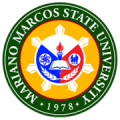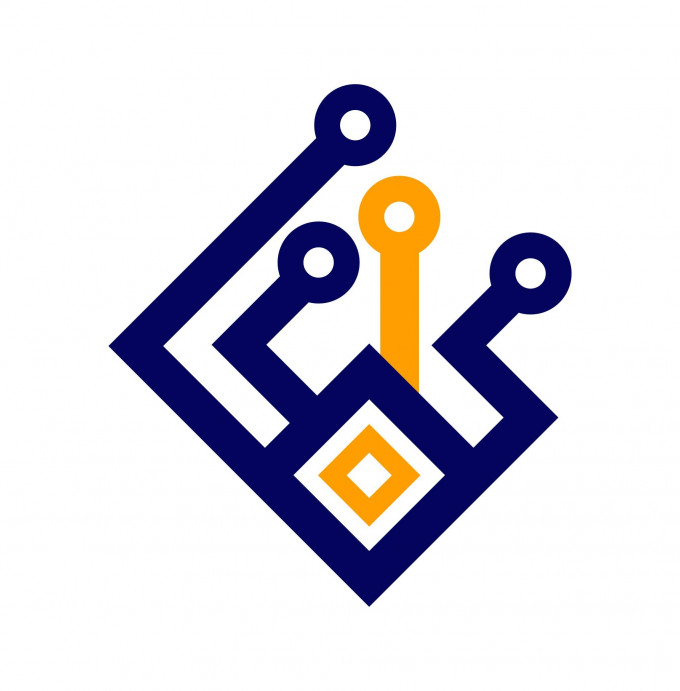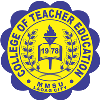<p><font face="Verdana, Arial, Helvetica, sans-serif" size="5"><strong>Consultation briefing on curriculum enhancement, quality assurance held</strong><br></font></p>
IN RESPONSE to the changing and setting in of new trends in the tertiary education system, a 3-in-1 consultation briefing on curriculum enhancement and quality assurance was held May 18 at the Audio Visual Room of the College of Engineering . The activity, attended by around 50 participants comprised of deans, college secretaries, and department heads from the different colleges, aimed to update the participants on the latest trends in enhancing curricular programs and in assuring quality instruction, research, and extension services.
Three topics were discussed during the consultation briefing: ladderized education program (LEP), bridging the gap between classroom and job market, and institutional monitoring and evaluation for quality assurance in higher education (IQuAME). The topics were explained respectively by Charito B. Santos, Technical Education and Skills Development Authority (TESDA) assistant provincial director; Larry Dizon, TESDA; Dr. Josephine Domingo, MMSU Instruction Directorate acting dean; and Dr. Evelyn L. Pascua, Commission on Higher Education-I (CHED-I) regional director.
Ladderized education program
President Gloria Macapagal Arroyo issued Executive Order (EO) 358, also known as the Institutionalization of the Ladderized Education Program. The EO mandates the interfacing between technical-vocational education and training and higher education. Hence, TESDA and CHED have married, developed, and hoped to implement a unified equivalency pathways and access ramps for a ladderized system of obtaining degree courses that would equip students with certain competencies to be certified that would eventually allow them for easier employment here and abroad.
The EO further mandates that all higher education institutions (HEIs) should already implement at least one ladderized program starting school year 2007-2008. At MMSU, the ladderized program of the BS Agriculture program, which is the DAT-BAT, was approved for implementation last year. However, with EO 358, this academic program has been revised to comply with TESDA requirements particularly that of embedding the technical-vocational education and the training regulations specified under each field of specialization.
Bridging the gap between classroom and job market
A widening gap between education and industry has been found out through a study conducted by the Center for Learning and Teaching Styles-Philippines. One of its research findings revealed that there is a growing number of educated unemployed due to mismatch between the skills they possess and the job market which means that graduates no longer meet the skills and knowledge needed by industries. Hence, the center has identified ways of making curriculum relevant to the needs of industries.
Institutional monitoring and evaluation for quality assurance in higher education
Quality assurance is fundamental in the pursuit of quality in higher education (HE). It is focused on developing and managing educational programs and services, thus, enabling them to attain standards comparable to national, regional, and international HE.
One of the mechanisms for the improvement of quality in HE sector is institutional monitoring and evaluation, which is deemed complementary to accreditation. It looks at the effectiveness of an institution in its entirety, particularly, the development of institutional systems that ensure the quality and standards of programs.
Hence, CHED had issued Memorandum Order No. 15, s. 2005 which promulgates the institutional monitoring and evaluation for quality assurance of all HEIs in the Philippines.
IQuAME aims to enhance institution’s capacity in designing, delivering, and managing programs and services; identify areas for reform and intervention along the key areas of governance and management, quality of teaching and learning, support for students, relations with the community, and management of resources; ensure that quality learning outcomes are responsive to the changing needs and comparable to international standards; provide accurate, up-to-date and accessible information on performance of higher education institutions to enable stakeholders to make informed choices; and provide CHED with bases for policy options on higher education and informed decisions for development assistance and incentives to HEIs.
Workshops
To produce expected outputs, simultaneous workshops (schedules are yet to be finalized) will be held in the colleges of the university. The workshops aim to come up with ladderized curricula in the different academic programs; enriched syllabi to fulfill the guidelines in making curricula more relevant; reviewed total number of units of curricular programs vis-à-vis CHED and MMSU memoranda; and an agreement on some policies/strategies needed for IQuAME preparations at MMSU.
Gallery
Dear Valued Client,
We will be introducing our newly upgraded website on October 31, 2024 – offering faster access, improved navigation, and enriched content for students, faculty, partners, and stakeholders. Experience how we cultivate minds and transform futures at MMSU.

 CAFSD
CAFSD CASAT
CASAT CAS
CAS CBEA
CBEA CCIS
CCIS COE
COE CHS
CHS CIT
CIT CTE
CTE COM
COM CVM
CVM Graduate School
Graduate School



_91c2e13bde54cafe009c166f9aa4199f.jpg)
